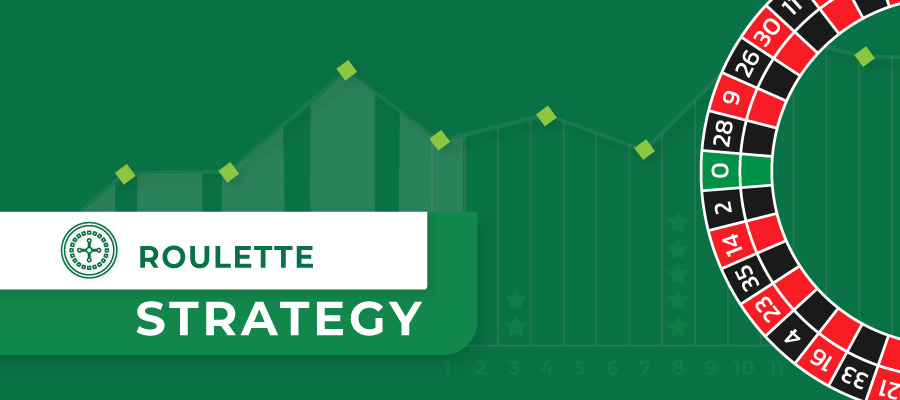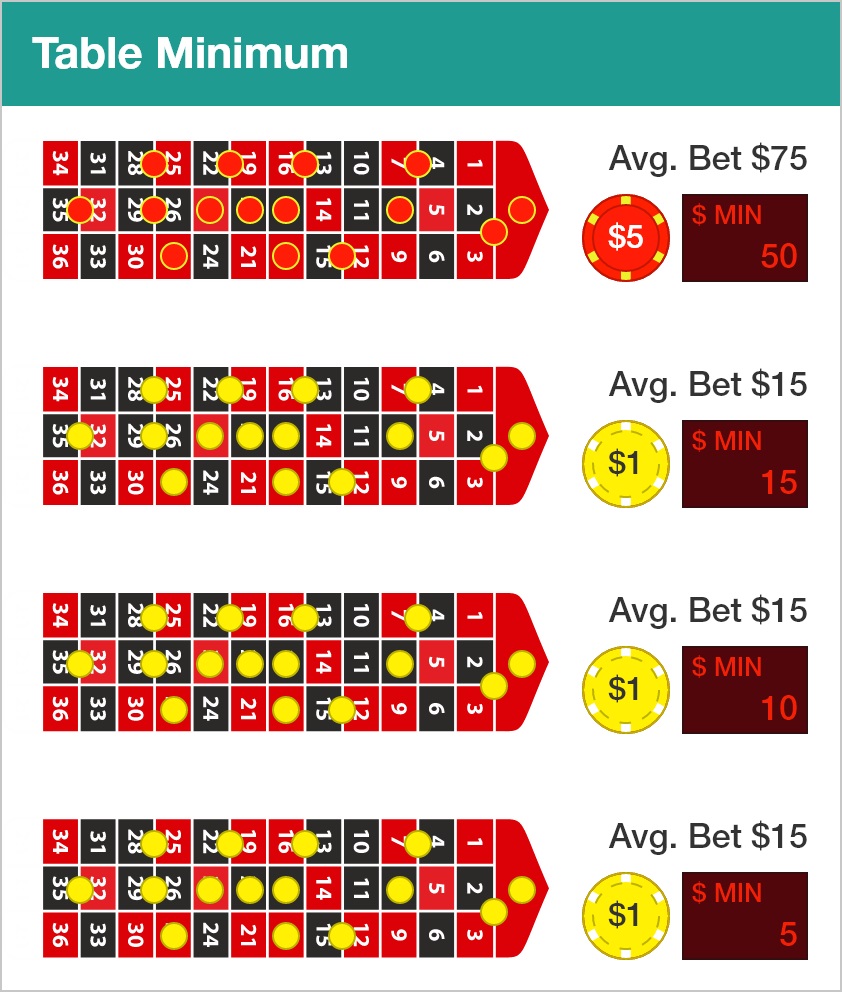
Mastering the Wheel: Proven Strategies for Roulette Success
From the opulent casinos of Monte Carlo to the vibrant floors of Las Vegas, roulette stands as one of the most iconic games of chance. With its spinning wheel and bouncing ball, it epitomizes the thrill of the gamble. But is winning at roulette purely a matter of luck, or is there more at play?
Through the annals of time, many have claimed to possess strategies that boost the odds of winning. Today, we journey through the most popular theories, the mathematics behind them, and whether they can truly give you an edge.
A Glimpse into Roulette’s Alluring History
Roulette’s origins trace back to ancient civilizations, with wheel-based games found in China and Rome. However, the game we recognize today emerged in 18th century France. Over time, various strategies began to surface, with players eager to outsmart the wheel.
While the house always retains a slight edge, understanding the game’s mechanics can optimize your approach, setting the stage for potential success.
The Mathematics of the Game
Central to every strategy is the game’s inherent math. The European wheel has 37 pockets (0-36), while the American wheel includes an additional 00. This small difference has a significant impact on your winning chances. Therefore, a foundational strategy is always to opt for the European version when available.
Understanding probabilities can also guide your bets. For instance, betting on red/black or odd/even provides close to a 50% chance of winning (minus the green zero).
Popular Roulette Strategies
The Martingale Approach
This strategy is straightforward: after a loss, double your bet. The idea is that a win will recover all previous losses and yield a profit. However, table limits and your own bankroll can limit this strategy’s effectiveness.
The D’Alembert System
Here, after a loss, you increase your bet by one unit and decrease it by one unit after a win. It’s a more conservative approach compared to the Martingale.
The Fibonacci Sequence
Based on the famous number sequence, you progress through the sequence with each loss and move back two numbers with a win. This strategy is mathematical in nature and can be intriguing for those who love number patterns.

The Role of Intuition
While strategies offer a structured way to place bets, many seasoned players also emphasize the role of intuition. Sometimes, going with your gut and breaking away from a set strategy can lead to surprising victories. However, always gamble responsibly, setting limits to ensure you never chase losses.
Roulette, at its heart, remains a game of chance. While strategies can offer a framework, they don’t guarantee success. It’s essential to play for enjoyment, savoring the thrill of the game.
Concluding Thoughts
Whether you’re a seasoned player or a novice stepping onto the casino floor for the first time, roulette promises a heart-pounding experience. While no strategy guarantees success, understanding the game’s mechanics and various approaches can certainly enhance your play.
Remember to always gamble responsibly, enjoy the process, and relish those moments of victory when the ball lands just where you’d hoped.
